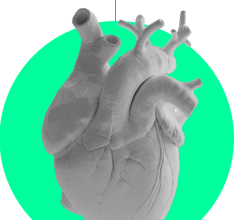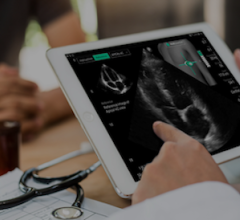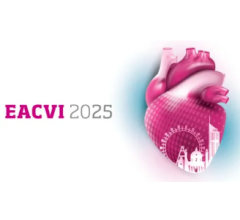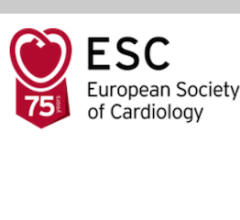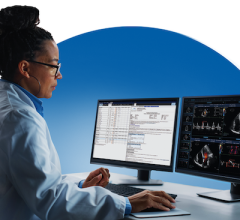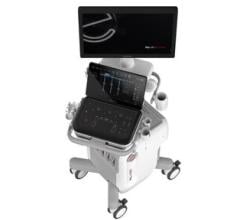I repeatedly hear two competing, contradictory themes discussed at every symposia – the need to lower healthcare costs and that costs to bring new technology to market are rapidly increasing. The U.S. leadership position as a medical technological innovator is slipping to Europe, where there is a much wider selection of devices to choose from. The requirements to gain CE mark clearance are much more lenient than U.S. Food and Drug Administration (FDA) pre-market approval.
Of the many devices available in Europe, only a fraction of the vendors that created them will seek FDA approval, because it simply costs too much to bring a product to market. Most cardiac devices take tens of millions of dollars to develop, bench-test and then go through years of clinical trials. FDA recognizes the increasing cost has resulted in a decreased number of new drug and device submissions. This translates into fewer medical advances reaching the U.S. market.
“Our challenge is to be frugal while improving healthcare…but we will not have new medical devices if we continue on the path we are currently on,” said Michell Frucoff, M.D., FACC, Duke University, during a presentation on device innovation at the American College of Cardiology (ACC) 2011. “Even though we are the second largest market for these medical devices, we are the last to gain access to these devices.”
There is an increasing call from physicians and vendors for closer collaboration in trials between European, FDA and Japanese regulators. Currently, all three review systems are disparate, impeding efficiency and adding costs to bring innovations to market. Frucoff explained CE mark review takes one to two years, FDA an additional three to five years, and an extra three to five years on top of FDA to achieve market approval in Japan.
The FDA does recognize its requirements cause delays and it wants to help spur innovation instead of deterring it, said Bram Zuckerman, M.D., FACC, FDA director of cardiovascular devices, Center for Devices and Radiological Health (CDRH). He said the CDRH developed the Medical Device Innovation Initiative. This encourages early, free consultations with FDA staff prior to an FDA submission to address potential issues that would delay the review process. He said the FDA is currently revising its rules for all types of medical technology review and is attempting to make better use of new statistical trials. The FDA is also starting to coordinate with Japan for a single review and pivotal trial process for devices, rather than two.
In August the FDA released its “Strategic Plan for Regulatory Science,” a sweeping initiative to modernize the tools and methods the agency uses to evaluate safety and effectiveness. (For more, http://www.dicardiology.com/article/fda-wants-modernize-its-regulatory-review-process)
It is hoped these new initiatives will help. If not, hospitals may consider investing in overseas branches and developing medical tourism programs.

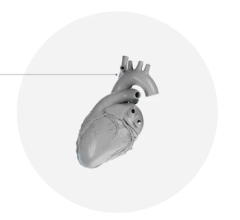
 January 28, 2026
January 28, 2026 
